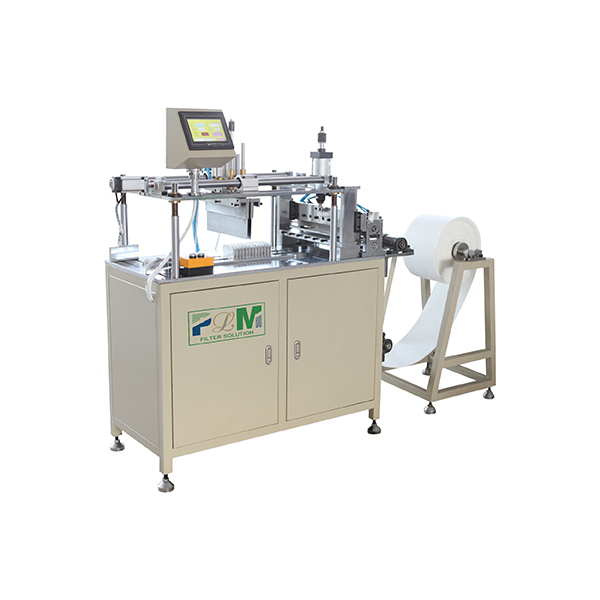Aug . 09, 2024 03:20 Back to list
Optimal Air Filtration Solutions for Gas Turbines to Enhance Performance and Efficiency in Operations
The Importance of Air Filters in Gas Turbines
Gas turbines, known for their efficiency and power generation capabilities, are critical components in various industries, from aerospace to power plants. These turbines rely on clean air to operate effectively, making air filters an essential element in the overall design and functioning of gas turbine systems. Understanding the significance of air filters in gas turbines is crucial for maintaining performance, reliability, and longevity.
Function of Air Filters
The primary function of air filters in gas turbine systems is to ensure that the air entering the turbine is free from contaminants. Dust, dirt, pollen, and other particulates can significantly affect the performance of gas turbines. These contaminants can lead to erosion, corrosion, and deposits on critical turbine components like blades and combustion chambers, ultimately reducing efficiency and increasing maintenance costs. High-quality air filters capture these particles before they can enter the turbine, thereby safeguarding sensitive components.
Types of Air Filters
There are several types of air filters used in gas turbine applications, including
1. Panel Filters These are commonly used in industrial settings and can be constructed from various materials. They offer a balanced combination of filtration efficiency and airflow resistance.
2. Pleated Filters With a larger surface area, pleated filters provide improved filtration capacity. They are designed to capture fine particles while maintaining adequate airflow, which is crucial for gas turbine performance.
gas turbine air filter

3. Synthetic Filters These filters are made from man-made fibers and are known for their durability and high dirt-holding capacity. They are often used in demanding environments where conventional filters may fail prematurely.
4. HEPA Filters High-Efficiency Particulate Air (HEPA) filters are designed to trap very small particles and are used in environments where the highest level of air purity is required. Although more expensive, their protective capabilities can be cost-effective over time as they reduce maintenance needs.
Maintenance of Air Filters
Regular maintenance and monitoring of air filters are essential for optimal gas turbine performance. Filters should be inspected frequently to determine when they need to be cleaned or replaced. Contaminated filters can lead to reduced airflow, causing the turbine to work harder, which can increase wear and tear and fuel consumption.
Many modern gas turbine systems are equipped with monitoring technology that can provide real-time data on filter condition. This data helps operators make informed decisions about when to service or replace filters, ensuring the turbine operates at peak efficiency.
The Bottom Line
In conclusion, air filters play a vital role in the operation of gas turbines. They protect the turbine components from contamination, thereby enhancing performance, increasing reliability, and extending the lifespan of the equipment. With various types of filters available, choosing the right one based on the operational environment and maintenance requirements is crucial. Furthermore, regular inspection and maintenance of air filters can lead to substantial cost savings in the long run by preventing costly repairs and downtime. A dedicated focus on air filtration will ultimately contribute to the efficient and sustainable operation of gas turbines, making them a cornerstone of modern power generation and propulsion systems.
-
PLAB-6 A/B Two Compounds Filter End Cap Gluing Machine - Hebei Filter Man
NewsAug.16,2025
-
PLAB-6 A/B Two-Component Filter Gluing Machine - Hebei Filter Man | Precision, Efficiency
NewsAug.16,2025
-
PLAB-6 A B Two Compounds Filter End Cap Gluing Machine - Hebei Filter Man | Adjustable Speed, Step Motor, Heat Mixing
NewsAug.16,2025
-
Eco-Friendly Coffee Filter Paper: Pure Taste, Sustainable Choice
NewsAug.16,2025
-
PLAB-6 Filter End Cap Gluing Machine - Hebei Filter Man
NewsAug.15,2025
-
PLAB-6 A B Two Compounds Filter End Cap Gluing Machine - Hebei Filter Man | Precision Adhesive Application, Efficient Production
NewsAug.15,2025
